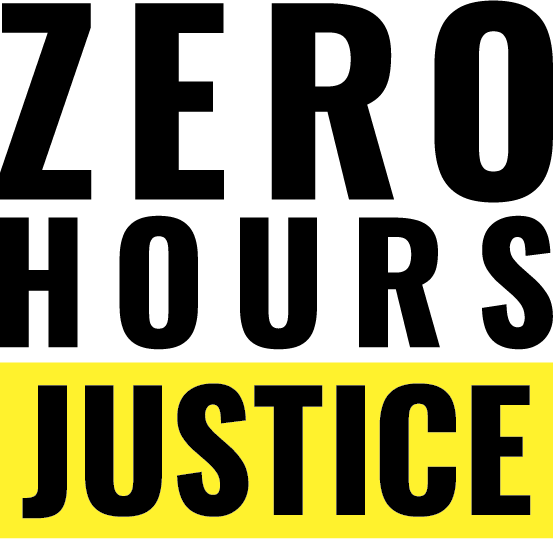|
By Pravin Jeyaraj
According to new research from the Living Wage Foundation, 32% of workers in full- or part-time employment receive less than a week's notice of any shifts. This rises to 50% for workers earning below the Living Wage. The study, which looked at sample of 2,036 working adults interviewed on 14-15th December 2021, found 57% of UK workers were in jobs involving variable hours or shift work and, of that, 55% said that they were given less than a week's notice of shifts. Even worse, 14% of this group said they did not even receive 24 hours' notice. In addition to not knowing whether one would have work from day to day or from week to week, more than a fifth (21%) have had shifts cancelled at short notice, with the vast majority (88%) not being compensated at their normal rate. So, even if they are given the impression that will have work, it could still be taken away from them. As well as loss of pay, not having enough notice before shifts or shift cancellation was found to result in a an "insecurity premimum":
At the end of the day, being on the National Minimum Wage or the Real Living Wage does not really help if you don't know whether or not you will have the work to get paid. Zero Hours Justice welcomes all attempts to improve the security of work including the Living Wage Foundation's "Living Hours" accreditation: the right to four weeks notice before shifts; guaranteed payment for shifts cancelled within this period; the right to a contract reflecting actual hours worked; and a guaranteed minimum of 16 hours a week. We would prefer that employers stopped using zero hours contracts and other forms of insecure work. But if they really need to use zero hours contracts, our minimum criteria - backed by both the TUC and the CBI - is less onerous than the Living Hours scheme:
Comments are closed.
|
contactFor press enquiries or permission to reuse content, please contact: Archives
June 2024
CATEGORIES
All
|
|
Company No: 12417909 Registered Office: 38 Coney Street, York, Y01 9ND
|


 RSS Feed
RSS Feed


